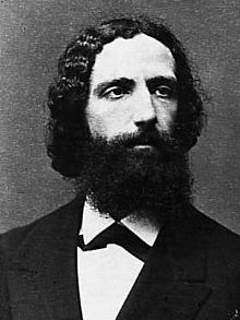

Avicenna and Husserl
comparative aspects
pp. 143-159
in: Nazif Muhtaroglu, Detlev Quintern (eds), Islamic philosophy and occidental phenomenology in dialogue, Berlin, Springer, 2014Abstract
Philosophical continuity between medieval philosophy represented by Avicenna and analytic philosophy embodied by Husserl can be traced in a comparative way through a number of issues, already studied by many authors. This paper attempts to analyze some of the themes linking Avicenna and Husserl. The question of intention is at once the philosophical basis and the hinge that connects medieval philosophy to phenomenology through Brentano. Intention related to the issue of phantasia and perception also echoes to tasawwur and tasdiq in the medieval context. In this comparative analysis, the notion of hylè represents, in a differentiating way, the intelligibility of the data both by the materiality and by the original characteristic form. Hyle is the form of the intelligible data, their flesh and schematic appearance as well as the other side of the internal senses. A third theme which is relevant in a comparative context is logic, for the young Husserl sets out to demonstrate the inadequacy of classical or traditional logic to define a formal then transcendental or phenomenological logic, based on the concept of Logos, which can be compared with the prophetic intellect professed by Avicenna.




